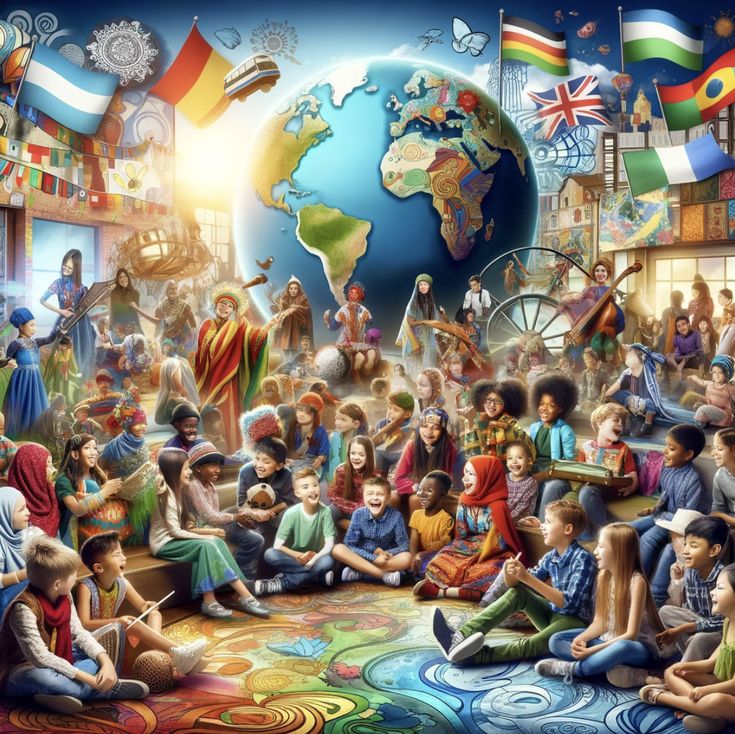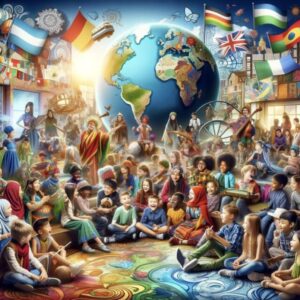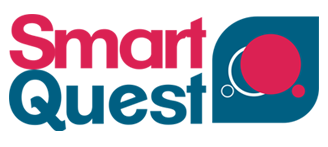
 Author: Michelle de Silva
Author: Michelle de Silva
Chief Manager- Head of Private Banking at Hatton National Bank PLC, Professional Certified Coach, Master practitioner of NLP
“Diversity is a fact, but inclusion is a choice we make every day!
Understanding experiences and view- points that don’t mimic our own, helps create more inclusive workplace cultures, where everyone feels valued, appreciated and heard. Workplaces today are more diverse than ever before. Genders, races, nationalities, socio-economic differences, sexual orientations and identities all contribute to today’s complex workforce. How then, does a leader navigate through this rich tapestry? It begins by understanding that all the threads of the tapestry are equal in value, no matter what their colour.
I come from a rich, colourful, beautiful tapestry of life. My dad is a Sinhalese Catholic while my mom with her Indian Tamil roots brought a captivating culture as does my mother-in-law, a Burgher, who comes from a mixed European descent. Each culture has its own food, from the Lamprais and Love cake to the Rasam & chickpea curry, to the dark sticky Kalu dodol, we eat well! Even the sense of dress is different. Values and traditions are different. But we have learnt from each other and weaved the family tapestry together.
With my father moving from city to city, I found myself the “new girl” more times than once. I made friends of different race, religion and social backgrounds and together we weaved a tapestry. We played together, shared secrets, cheered one another and held each-other’s hands when the road got bumpy.
Being born and raised on a multi ethnic, multi religious Island, we naturally begin to appreciate and recognize the rich diverse communities around us quite early in life. The Sinhala/Tamil new year is celebrated in April, followed by Christmas in December and Eid ul Fitr offers us the opportunity to enjoy different traditions and connect with each other on a deeper level. This exposure enables us to develop stronger relationships with colleagues and friends, significantly increasing our cultural intelligence. This understanding that each of us is a strand, none more important than the other is an asset that allows us to navigate diverse environments with ease and sensitivity, fostering collaboration and mutual respect.
In today’s interconnected world, this becomes a source of competitive advantage managing diverse teams. As leaders, we define the culture of our teams and organizations. This is why it is important that we learn to leverage our cultural intelligence to produce the best outcomes, and the best services for the people we work with and the people we serve.
How can we be innovative about inclusion?
- Encourage healthy discussions where people feel comfortable and confident to discuss difficult topics.
- Creating safe-spaces result in opening minds to the possibilities of doing things differently,
- Encourages curiosity and openness.
Fosters acceptance and belonging
2. Expand knowledge in Cultural Intelligence
- Education & training workshops.
- Immersion in diverse environments gaining invaluable practical experience.
- Simulated environments that can help leaders’ practice.
- Learning a new language or grasping the fundamental difference in cultural values & practices provide insights into making informed decisions.
3. Develop a Cultural intelligence strategy.
- Reflecting on one’s own cultural biases and assumptions.
- Planning on how to adapt behaviour and communication style.
- Building interpersonal relationships will help build trust demonstrating respect & empathy.
- Practice active listening to ensure the accuracy of understanding.
One of the biggest challenges in developing cultural intelligence is overcoming stereotypes & biases. Consciously building diverse teams, helps us keep in check our unconscious bias. Developing our skill in conflict resolution and mediation can equip leaders with a skill set needed to handle cultural conflicts effectively. Such as Emotional Intelligence, facilitating dialogue and finding mutually acceptable solutions.
Cultural intelligence and Inclusive leadership are not a one-time achievement but a continuous learning process. As the world gets increasingly interconnected, the ability to understand, appreciate and leverage cultural diversity will be what separates winners from others among leaders and organizations alike.


